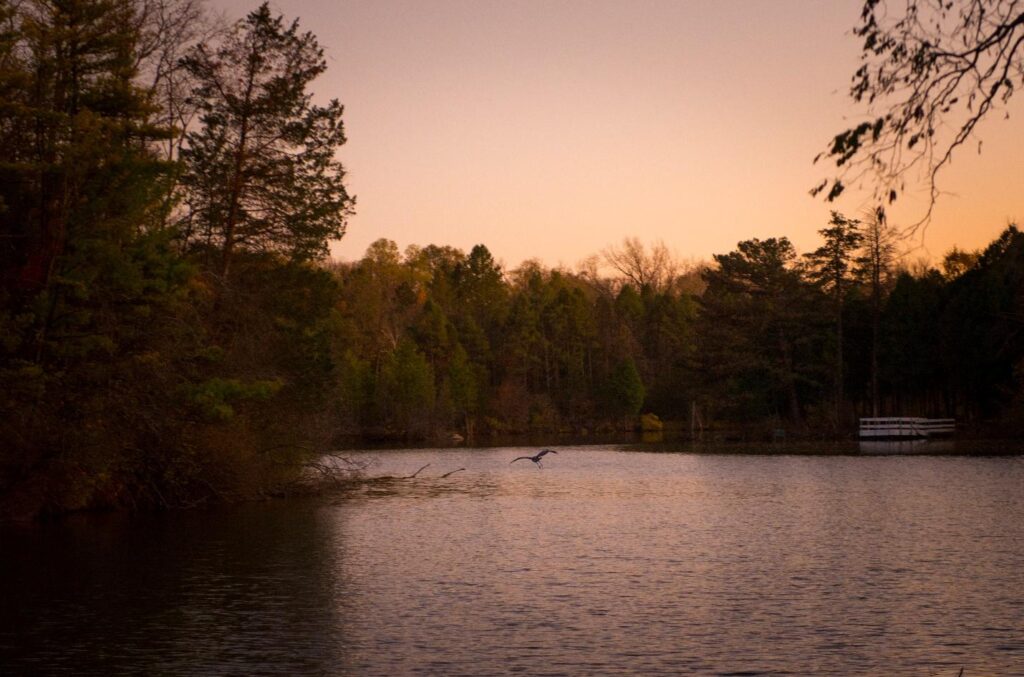
McGraw Board Member Doug Oberhelman and his wife, Diane, are among the world’s leading conservationists. In addition to his work at McGraw, Doug serves as vice chairman of the Wetlands America Trust, and was key to the development of the McGraw-led IMAX 3D film “Wings Over Water.” In this essay, he reflects on the importance of the world’s wetlands.
By Doug Oberhelman
There are few wetlands in this world that don’t offer feelings of solace or sheer emotions of awesome being.
Florida’s Everglades, the South American Pantanal, the northern hemisphere’s Boreal Forest, the prairie wetlands of the US and Canada, and the beautiful restorations right here in Illinois — all invite deep thinking about their past, and in many cases, about their degraded present. Yet there is great hope for a “back to the future “transformation.
After all, these wetlands, young and old, have one thing in common: They are wet, and that means water. Water provides life to everything from the songbirds in our back yards to waterfowl that require wetlands to reproduce and thrive.
It’s not just birds but many other animals need healthy wetlands and clean water, including otters, beavers, and muskrats and many more that are all required for healthy wetlands and clean water. Of course, this all adds up to we humans needing more clean water every year. Life without wetlands and water is sparse, and short.
I’ve been fortunate to see wetlands in many countries of the world. As a young man living in South America, I fished the Paraguay River — an awesome, eye-opening experience. Floating vegetative islands cruised by with the current, full of exquisite flora and fauna. Parana fish slammed our bait, and it seemed every species was so exotic.
Twenty years later, I returned with Diane to the same exact spot and found a brown, silt-stained waterway, no islands, no birds and no beautiful flowers. What had happened? Deforestation that allowed the country to grow and prosper. Bad news and good news.
This is the conundrum of wetlands — the need to use them, drain them, farm them, and develop them to provide for growing populations of people, while at the same time trying to preserve and restore them to provide life-giving qualities, natural beauty, and tranquility.
A growing public awareness of the plight of wetlands and water is creating a wave of investments, government attention, and ‘in the dirt’ restoration. An upcoming book, “In the Spirit of the Wetlands,” is a wonderful work of writing and photography showing that changes can and are being made. This book is a must-read for everyone and is proof that public opinion is the power to drive these changes.
Fortunately, through tremendous efforts by McGraw, Ducks Unlimited, The Nature Conservancy, and countless others, coupled with passionate conservation efforts of many individuals and philanthropists, this is a time of greater expectations. We need to get ‘back to the future’ for wetlands and water restoration efforts.
For Diane and myself, it’s an imperative and something we wish to leave to the next generations.
It’ll pay dividends like nothing else.